 Cloud computing is quickly becoming the industry norm for IT professionals and is a style of working in which products, resources and services are made available over the Internet, rather than from in-house infrastructure.
Cloud computing is quickly becoming the industry norm for IT professionals and is a style of working in which products, resources and services are made available over the Internet, rather than from in-house infrastructure.
It offers many benefits, including the ability to tap into large pools of resources, and creates dynamic compute environments through which companies can share files, access additional storage or even fulfill customer requests. How do you choose whether public, private or hybrid cloud is right for you?
Public Cloud vs. Private Cloud
The private and public cloud are very similar, but are designed differently. The private cloud is owned by an organization and exists behind its firewall and scope of management. Because of this, it unfortunately can’t be accessed at any time from anywhere, limiting its flexibility. The organization which owns the private cloud controls all resources.
On the other hand, the public cloud can be used without restrictions. The crowd-sourcing-type aspect of this model can keep initial startup costs low, but if data and information are stored for longer periods of time, it can become costly. The two main factors that make public cloud more popular are its overall reliability and the widespread accessibility. The downsides to using a public cloud model are any potential security risksassociated with being able to access information or resources from any location at any time.
Hybrid Cloud
The hybrid cloud allows IT leaders to use services and resources from third-party cloud computing providers in a partial manner. They can design a custom strategy to fit their needs while gaining the benefits of both public and private models.
Which Option is Better?
Check out this quick video comparing the three cloud models.
Choosing between the public and private cloud is never an easy decision; that’s why many IT leaders are opting for a hybrid cloud version. At WEI, we strongly support this option and think it can provide the best of both worlds for companies looking to make this transition. If you’d like to assess which cloud computing strategy is right for you, don’t hesitate to contact us today.










